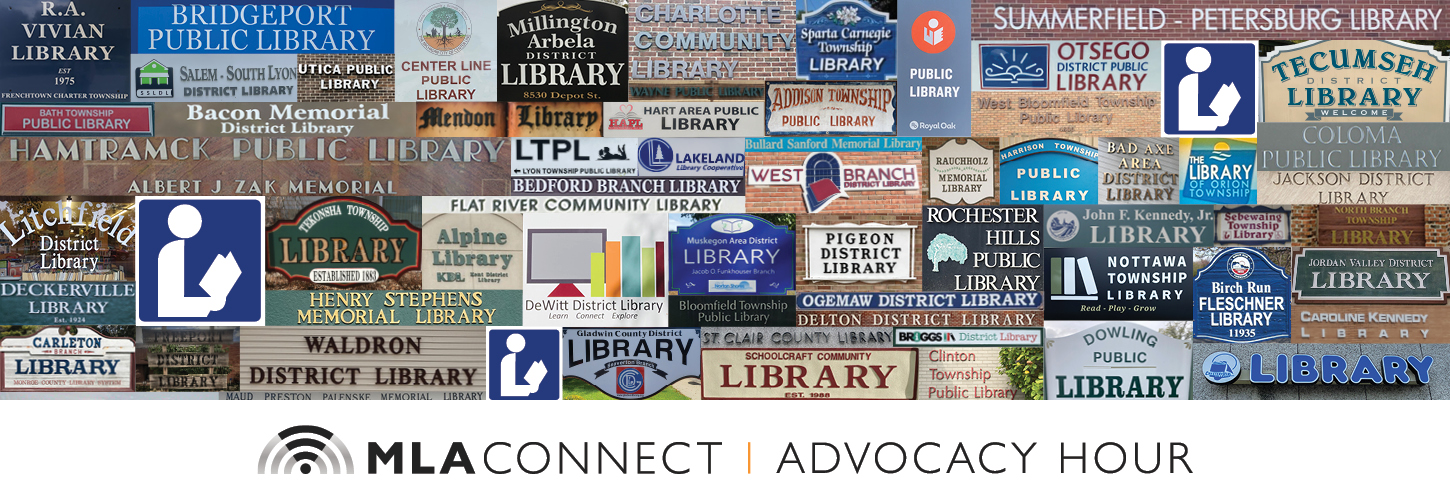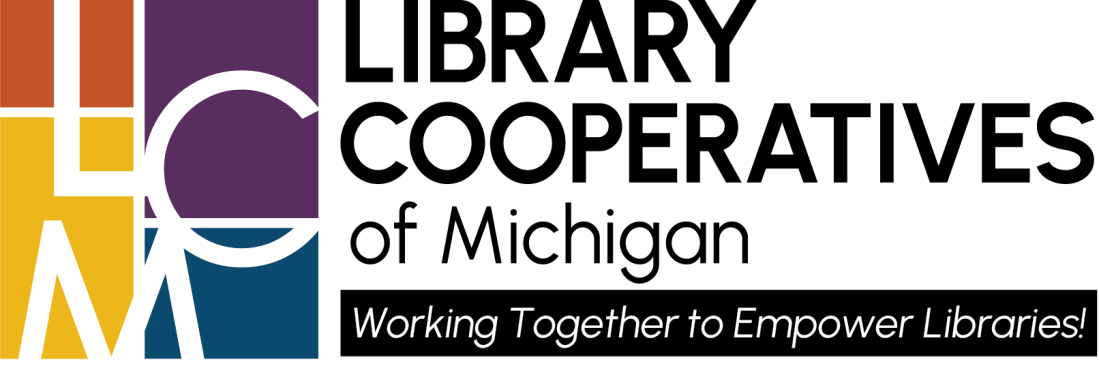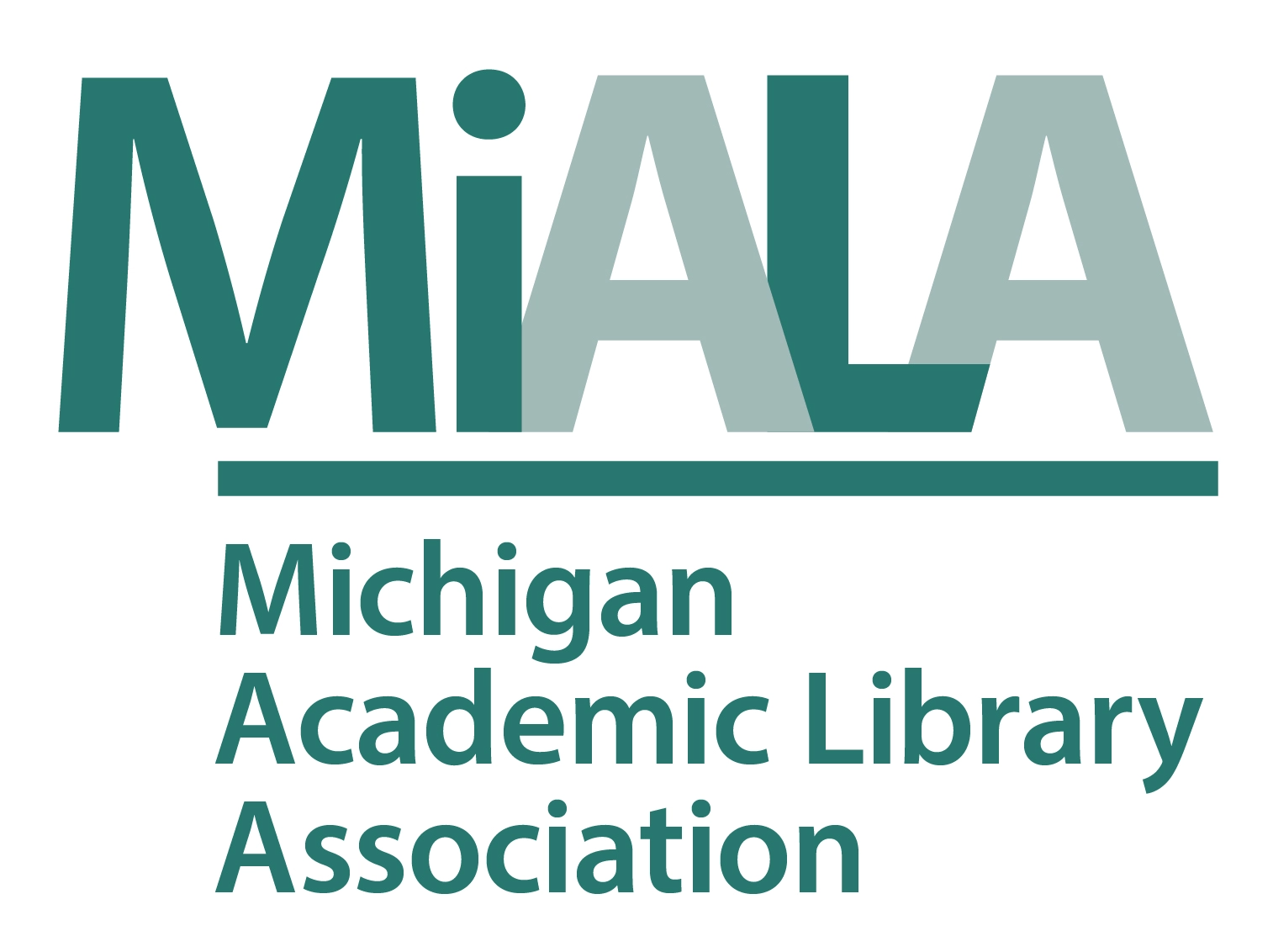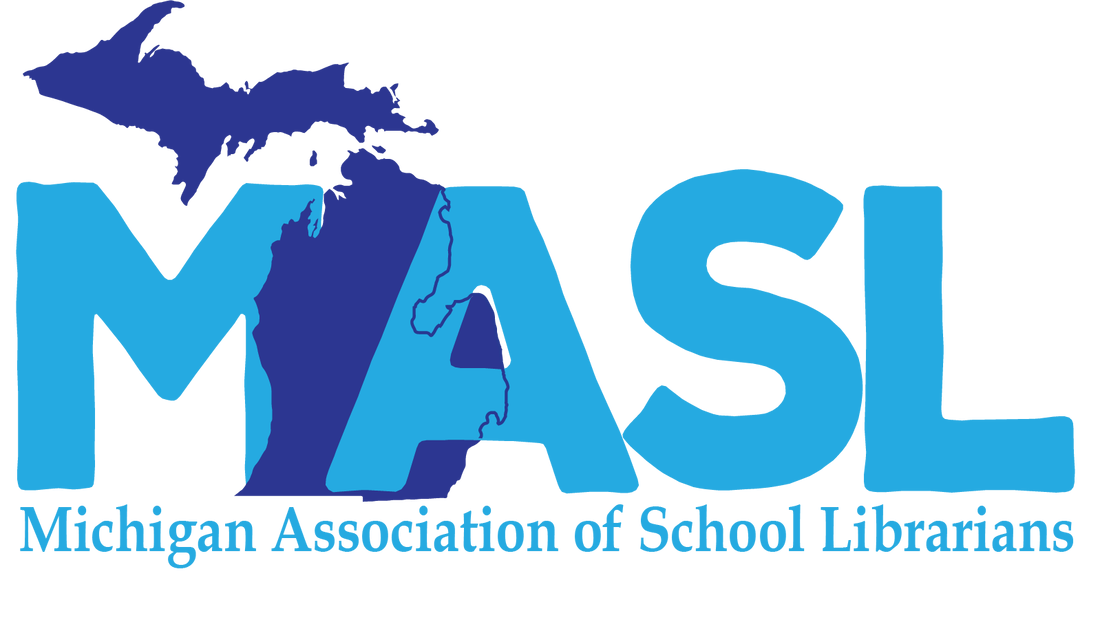
Protecting Library Funding: Trial Court Changes
Thursday, February 12 | 10:00–11:00 AM
Originally scheduled for January, this important session is back. In 2025, Michigan’s Alternative Funding for Trial Courts Workgroup released a final concept paper proposing that all revenue from penal fines and civil infractions be redirected to trial courts — a shift that could significantly reduce funding for public libraries.
Join MLA for a closer look at the proposal, its potential impact, and how we can remain vigilant in protecting this vital funding source. This discussion will feature MLA Lobbyist Samantha Zandee, Governmental Consultant Services, Inc. (GCSI), and will be facilitated by MLA’s Interim Executive Director, Dillon Geshel.
The Llano Decision & the Right to Read
Thursday, February 19 | 10:00–11:00 AM
What does the Fifth Circuit’s decision in Little v. Llano County really mean for libraries and book challenges? This session welcomes Skip Dye, Chair of Penguin Random House’s Intellectual Freedom Taskforce and fellow taskforce member, Dan Novack, VP Assoc General Counsel, Penguin Random House, as they break down the ruling in plain terms, explores how Penguin Random House is thinking about it alongside its other ongoing cases, and looks ahead to what this legal landscape could mean for libraries in 2026. We’ll focus on real-world implications, open questions, and what libraries and publishers should be watching next.
Leading Through Uncertain Times
Thursday, March 26 | 10:00–11:00 AM
MLA welcomes Scott Duimstra, Director of Hennepin County (MN) Library, former Director of Capital Area District Libraries in Lansing, Michigan, as well as a past MLA President. Scott will share his experience in Minnesota, including how his system is responding to immigration and DHS enforcement activity, how they are supporting staff and patrons, and lessons learned that may help guide Michigan libraries.
Advocacy Hour with Williamston Theatre
Thursday, April 2 | 10:00-11:00 AM
Experience art meeting advocacy in this special MLA Advocacy Hour with the Williamston Theatre. Enjoy a short live excerpt from the play Bad Books by Sharyn Rothstein. Then Michigan library leaders and Williamston Theatre production team members will have a candid conversation on book challenges, difficult library confrontations, and the growing impact of censorship. Discover how art mirrors real-life situations and learn more about MLA’s MI Right to Read initiatives to protect intellectual freedom.
Panelists
Michele Howard, Director of the Traverse Area District Library and MLA's Advocacy and Legislative Committee Chair
Jenny Marr, Executive Director of the Capital Area District Library and MLA's Board President
Erin Schmandt, Director of the Caro Area District Library and a member of the MLA Board
Tony Caselli, Williamston Theatre Artistic Director and Director of Bad Books at the Williamston Theatre
Sharyn Rothstein, Bad Books playwright
Advocacy Hour conversations are always free to attend but registration is required.
MLA Connect Advocacy Hours are an opportunity for the library community to learn more about MLA's advocacy and legislative priorities including funding, elections, property taxes, literacy, internet access, privacy, intellectual freedom, and more. Each month, we will address a new topic and share any pending legislation introduced in the House or Senate that could impact the Michigan library community. Open discussion and Q & A will follow the interview-style agenda.
Monthly sessions will take place generally on the third Thursday of the month at 10:00 AM. Advocacy Hours are free to attend to anyone interested in joining the conversation! A maximum of 500 attendees can join each live event. Registered attendees will receive information and a link to access the meetings on the Zoom platform.
Please note recordings of all MLA Advocacy Hours are available to watch for free and on-demand at MLA Connect On-Demand.
|









